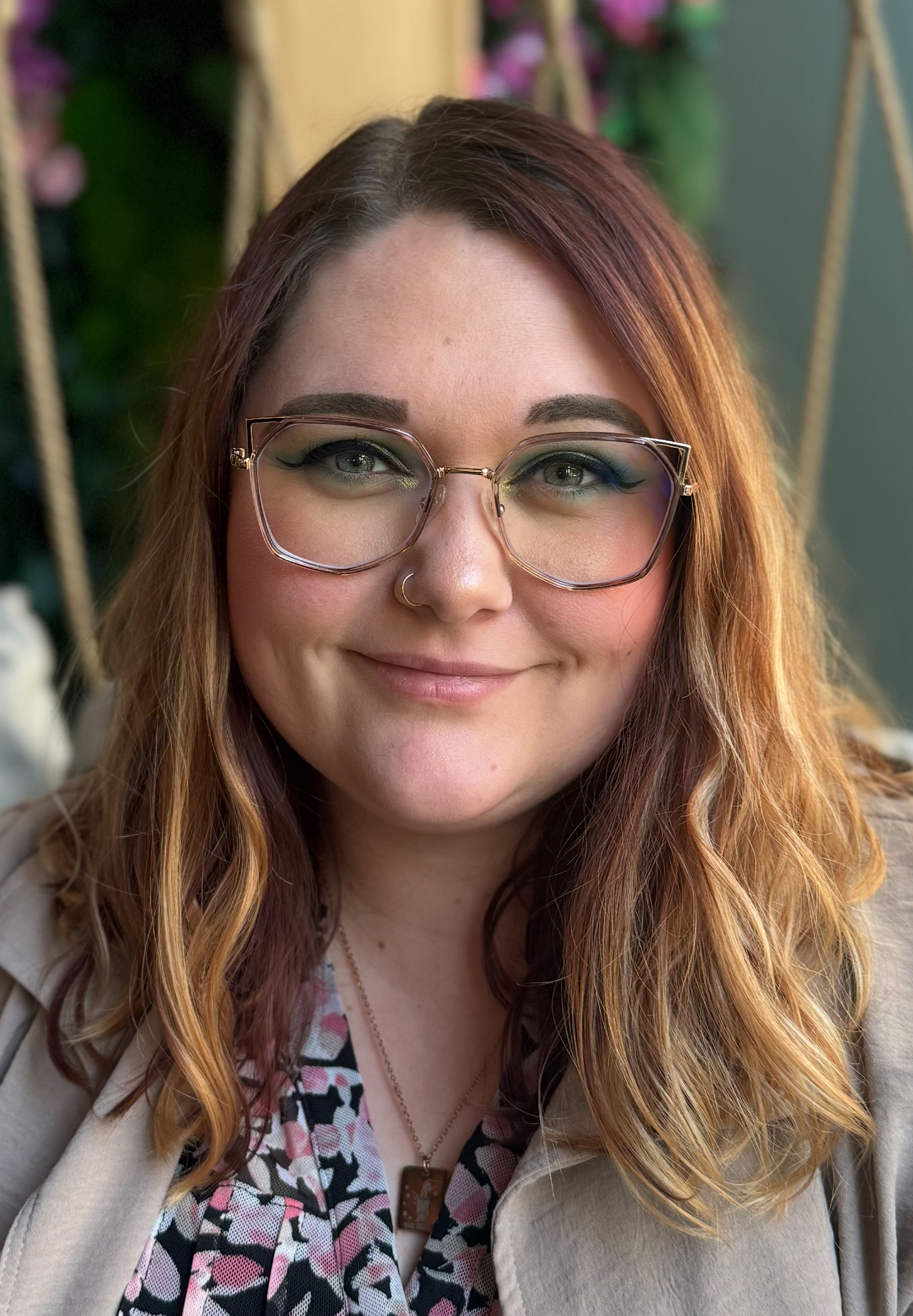Katie Petrochic, LPCC
Katie Petrochic is a Licensed Professional Clinical Counselor (LPCC) providing individual counseling to teens and adults. Katie has training and experience working with suicidal ideations, self-harming behaviors, anxiety, depression, OCD, ADHD, interpersonal relationship struggles, eating disorders, and body image and self-esteem issues.
Katie utilizes a combination of dialectical behavioral therapy (DBT), cognitive behavioral therapy (CBT), and solution-focused brief therapy (SFBT) in her practice to help clients cope and navigate the world around them. This helps clients understand how feelings, thoughts, and behaviors are intertwined, as well as learning necessary tools to cope with everyday life and find solutions to current stressors.
Katie earned her Master's of Education in Clinical Mental Health Counseling, as well as her Bachelor's of Arts in Psychology, from Cleveland State University. She also completed both her practicum and internship placements at The Behavioral Wellness Group. Katie also has experience co-facilitating the adolescent IOP program, as well as directing the adult IOP Aftercare program.
Favorite Quote
“Anything that’s human is mentionable, and anything that is mentionable can be more manageable. When we can talk about our feelings, they become less overwhelming, less upsetting, and less scary.” — Fred Rogers

Contact
Position:
Licensed Professional Clinical Counselor
Address:
8224 Mentor Ave, Suite 208
Mentor Ohio 44060
Email:
kpetrochic@behavioralwellnessgroup.com
Phone:
440-392-2222 EXT 851
Fax:
440-565-2349
Articles
When Someone You Love Struggles with Depression and Anxiety
When Someone You Love Struggles with Depression and Anxiety May is Mental Health Awareness Month and October 10th is World Mental Health Day every year. According to The World Health Organization, there are more than 350 Million people around the world who struggle with Depression alone. It has come to my attention by many of my patients individually as well as in my Health and Wellness Intensive Outpatient Program that, “Others just don’t understand”. Although family, friends, loved ones and…
Managing the Fourth Trimester
Managing the Fourth Trimester The fourth trimester is the 12-week period after your baby is born. It is made up of emotional and physical changes as you adjust to being a parent. During the fourth trimester, it can be helpful to be mindful and aware of how you are feeling so you can best show up for yourself and your new baby. Below are some tips that can help you manage the fourth trimester after your child is born: ●…
Mentor Local Buzz – Spotlight on Wellness
Spotlight on Wellness: Celebrating a Decade of Distinctive Care with The Behavioral Wellness Group Located in the heart of Mentor, Ohio, The Behavioral Wellness Group (BWG) stands as a beacon of hope and innovation in the field of mental health care. This year, as they approach their 10th anniversary in June, BWG reflects on a decade dedicated to transforming lives and fostering wellness in the community. Founded by two close friends united by a vision to offer unparalleled mental health services, BWG has evolved into a thriving…
Self Harm Awareness
Self-Harm Awareness Did you know that March is self-harm awareness month? It is and this is a topic that is often not spoken about but something that many people, adults and kids, struggle with. Self-harm refers to intentional actions someone takes to cause harm to their own body as a way of coping with emotional pain, stress, or other overwhelming feelings. Sometimes it can even be in the form of a punishment or to feel something- to feel alive when…
Pressing the Pause Button: Managing Distress with Mindfulness
In the hustle and bustle of modern life, we often find ourselves swept away by the currents of stress and anxiety. It can feel like we’re caught in a whirlwind in these moments, reacting instinctively rather than responding thoughtfully. However, there is a simple yet effective tool at our disposal: the power of pressing the pause button. By consciously choosing to pause, we can shift from a reactive state driven by our primal instincts to a more mindful approach rooted…
Winter 2024 Seasonal Letter
Best Wishes to you and yours as we enter the New Year! The Behavioral Wellness Group remains committed to you and the care of your clients in this New Year! Thanks to your ongoing confidence in us, BWG has increased our number of therapists and services in other states (see website above for details) to meet the demands of our clientele. Our programs are CARF Re-Accredited for the maximum allowable duration which is a testament to our commitment to meeting…

